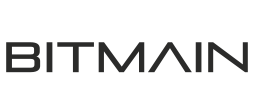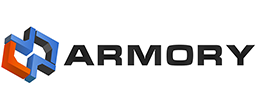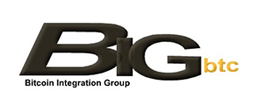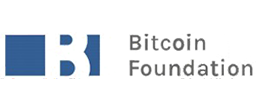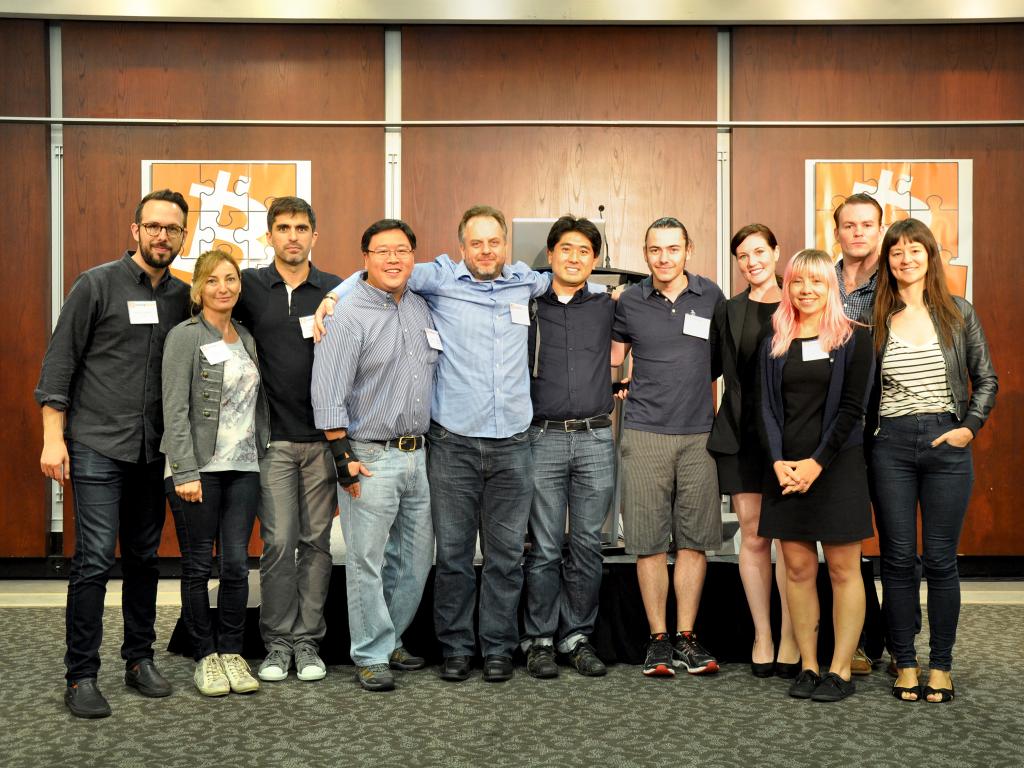In recent months the Bitcoin development community has faced difficult discussions of how to safely improve the scalability and decentralized nature of the Bitcoin network. To aid the technical consensus building process we are organizing a pair of workshops to collect technical criteria, present proposals and evaluate technical materials and data with academic discipline and analysis that fully considers the complex tradeoffs between decentralization, utility, security and operational realities. This may be considered as similar in intent and process to the NIST-SHA3 design process where performance and security were in a tradeoff for a security critical application.
Since Bitcoin is a P2P currency with many stakeholders, it is important to collect requirements as broadly as possible, and through the process enhance everyone’s understanding of the technical properties of Bitcoin to help foster an inclusive, transparent, and informed process.
Those with technical interest are invited to participate in this pair of workshops with the following intent:
Phase 1
Scene setting, evaluation criteria and tradeoff analysis.
Montreal, Canada: September 12th-13th, 2015
Scalability is not a single parameter; there are many opportunities to make the Bitcoin protocol more efficient and better able to service the needs of its growing userbase. Each approach to further scaling the Bitcoin blockchain involves implicit trade offs of desired properties of the whole system. As a community we need to raise awareness of the complex and subtle issues involved, facilitate deeper research and testing of existing proposals, and motivate future work in this area.
The purpose of this workshop is to discuss the general tradeoffs and requirements of any proposal to scale Bitcoin beyond its present limits. Session topics are to include the presentation of experimental data relating to known bottlenecks of Bitcoin’s continued growth and analysis of implicit tradeoffs involved in general strategies for enabling future growth.
This event will not host sessions on the topic of any specific proposals involving changes to the Bitcoin protocol. Such proposals would be the topic of a 2nd, follow-on Phase 2 workshop described below; this event is intended to “set the stage” for work on and evaluation of specific proposals in the time between the workshops.
Phase 2 will be planned out further as part of Phase 1 with input from the participants.
Phase 2
Presentation and review of technical proposals, with simulation, benchmark results.
Hong Kong, SAR, China: December 6th-7th, 2015
Hopefully to be easier for the Chinese miners to attend, the second workshop pertaining to actual block size proposals is to be planned for Hong Kong roughly in the late November to December timeframe.
The purpose of this workshop is to present and review actual proposals for scaling Bitcoin against the requirements gathered in Phase 1. Multiple competing proposals will be presented, with experimental data, and compared against each other. The goal is to raise awareness of scalability issues and build a pathway toward consensus for increasing Bitcoin’s transaction processing capacity or, barring that, identify key areas of further required research and next steps for moving forward.
Preliminarily, phase 2 will be a time to share results from experiments performed as a result of phase 1 and an opportunity to discuss new developments.
How do the Workshops work?
- Both events will be live-streamed with remote participation facilitated via IRC for parallel online discussion and passing questions to the event.
- These workshops aim to facilitate the existing Bitcoin Improvement Proposals process. Most work will be done outside of the workshops in the intervening months. The workshops serve to be additive to the design and review process by raising awareness of diverse points of view, studies, simulations and proposals.
- Travel, venue details, accommodation recommendation are available below. You can register at an early bird ticket price of $150 USD until September 3rd.
- Please see the FAQ section below, it should answer most other questions.



















